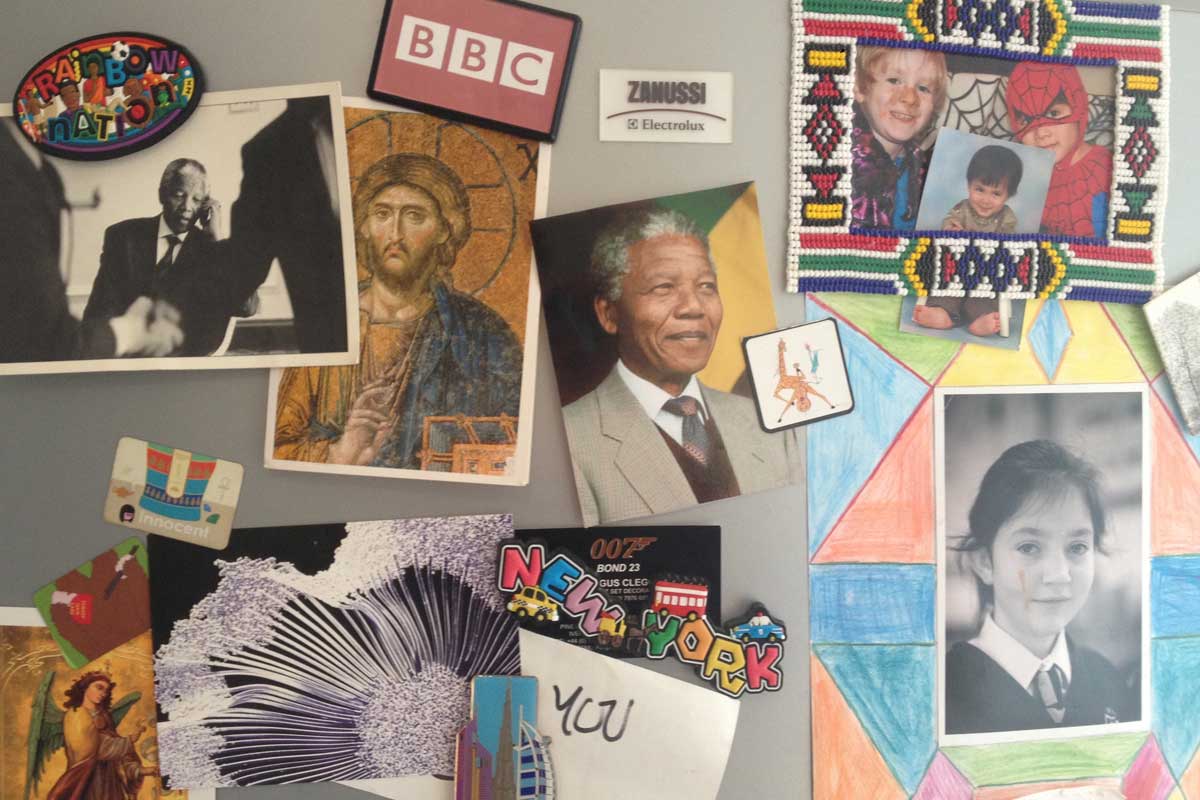At 10pm on December 5th 2013, at Johannesburg’s strangely quiet OR Tambo Airport, I found the only open outlet where I could buy a much-needed coffee – The Mug & Bean. Here I began transcribing the recordings from a two-day conference on why public-private partnerships could be the engine of Africa’s structural transformation.
The opportunity to attend this conference had arisen earlier in the year over dinner at the Africa Global Business Forum in Dubai where I’d interviewed dozens of African politicians and business leaders for a report on behalf of Africa’s biggest regional economic body, COMESA (the Common Market for Eastern and Southern Africa).
At 11pm, the go-to-gate message appeared and I signalled to the pleasant-looking, open-faced youth that I’d like to pay.
“So Mam, where are you going tonight,” he asked. London via Amsterdam, I told him. “Ag Mam, you know sometimes we get these coins from customers and we can’t use them. Could you?” His fist opened with four British pounds.
Taken in by his charm, and entirely naively, I agreed. “The exchange rate is R15 to one, I think”. It was actually closer to R17, but I was too tired to argue about losing a few pence. Grinning, perhaps a little too broadly, he took the notes. In my hand, the coins felt rather lightweight . . . and a closer look revealed that Queen Liz’s head is a little distorted. They’re clearly counterfeits. The waiter, now chatting up another customer, catches my eye and I gestured to him with an eye-rolling sigh.
“Mam do you really think I’m trying to rip you off?” Yes, I do, and yes I should have known better. I say that I should report him but I’m running late for my plane. This time he got lucky.
His hands are shaking as he gives me back my cash.
No need for sadness
On the KLM flight, which I boarded shortly before midnight, there was no announcement of Madiba’s passing, not even as we touched down on a rain drenched Schiphol runway. I’m envious of a friend and former BBC colleague, who landed in Johannesburg that same morning.. She told me later that they were told as the plane landed, and were welcomed by a group of Zionist women singing songs in the arrivals hall. The same wasn’t true in Amsterdam where horizontal rain and bleak skies were my welcome.
Still none the wiser and as I was trying to work out how to spend the next few hours in that trance-like state of international transit, my first text message arrived. “Are you still up? I really need to talk to you.” It was from a South African friend in London; sent the previous night. The next one read: “Are you back? Thinking of you so much with all the news of home.”
From the boycotting of the e-toll to the leaked Nkandla report – its working title ‘Opulence on a Grand Scale’ – to the afterlife, reverse racism, gay rights and whether the private sector is the answer to Africa’s infrastructure deficit, there was certainly no shortage of news to share from the week I’d just spent in South Africa. But clearly something more was up.
I wandered over to a large television screen, where the BBC was broadcasting news of Mandela’s death to the world.
A Ghanaian cleaner who was taking a break noticed my tears. She smiled. “Why are you crying?” I couldn’t speak. “Is it your husband?” I gestured to the huge television. She laughed, reached over and embraced me. “He was a good man but don’t be sad, be happy. We must celebrate his life.”
Filling time
In Amsterdam, I should have been working on my post-conference report. Instead, I watched news broadcasts and read social media, chatted on Skype and reached out to anybody at the airport who may be African in the hope that we may have a sense of shared history. This all took place at an Internet booth which could pass for an airport information desk.
When an Eritrean woman stopped to ask something in Dutch I mistakenly thought she was speaking Afrikaans. I helped her find the right gate for her flight to Addis and she asked me where I was from. “Oh, I’ve been crying all night,” she said. We hugged, shed tears and exchanged email addresses.
Back in London, my other ‘home’, Mandela’s presence was palpable. At passport control my sadness was acknowledged. Celebrations and services were underway, his image was on the front page of every newspaper, and friends were queuing at South Africa House in Trafalgar Square to sign the condolences book. My husband bought all the papers that morning and had chosen a colour photograph of a smiling Madiba which he’d stuck to our fridge. Later we’d open a bottle of South African wine and play struggle songs.
This week, my first visit ‘home’ in three years, had culminated in the death of the leader who set us free. It feels right for me to remain focused on Africa. I won’t leave it so long again.

